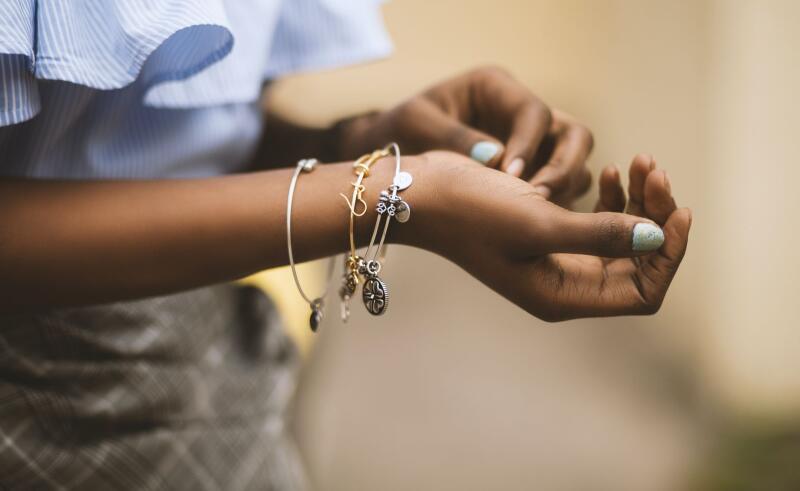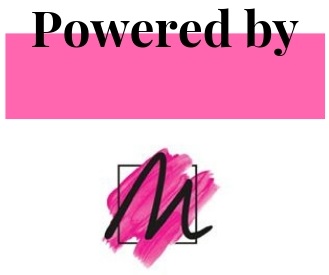Tight budgets remain the order of the day for most people this year, but an easy way to make some extra cash to get you through the month is by selling your used or unwanted items online.
Jewellery that you no longer wear would be a good place to start and although many don’t think of online marketplaces as a safe way to buy and sell jewellery, George Ivanisevic from Dukes Gold & Diamond Exchange believes otherwise.
A recent Gumtree poll revealed that more than 13% of respondents have sold jewellery online and found it convenient, while another 23% said that they would be open to trying it. Less than seven percent said that they’d had a bad experience selling jewellery online.
“It’s true that you do need to be vigilant, though, but if you follow a few simple rules – that are useful to follow no matter what goods you’re selling – you could exchange that piece of jewellery along with its unwanted memories for money that you could use to buy something you really want,” said Ivanisevic.
Whether it’s unwanted Valentine’s Day gifts, pieces you just don’t wear any more, or perhaps items you inherited that just don’t fit your personal style, Ivanisevic shares tips on how you can part ways with those items.
Deal with a reputable dealer
Research interested buyers carefully by checking for a website and reading remarks and reviews on their social media pages. If it’s an individual you’re selling to, do a bit of sleuthing.
Check to see if they have a Facebook account under the name they have given, and if the account is real.
Ask for a valuation certificate
Jewellery valuation certificates are very easy to forge, so they’re not foolproof – but they can help as part of the process. Buyers should always check the certificate’s authenticity by phoning the valuator.
Understand that value is not attached to emotion
You may have an idea of what your piece cost – but that’s unlikely to be the price you’ll get if you’re trying to sell it. When you buy, an engagement ring, for example, the price you pay includes the jeweller’s labour in creating that piece and various other mark-ups.
But the piece is worth its commodities – the gold and precious stones it’s made of. That’s why you (or your once-true-love) might have bought a piece for R20,000, but its commodity value is only R4,000.
Scope out the scammers
If it sounds too good to be true, it probably is. Be wary of buyers who offer to purchase without asking any questions about the piece, especially if it’s a very high-value item. Most legitimate buyers will ask questions and establish that you yourself are a reputable seller.
Safety first
Meet at a place where you feel safe. Whether it’s at your home or a public place, always do the deal in a place where there is security.
Verify the proof of payment
Scammers will send fake proofs of payment and pressure you to courier the piece as soon as possible, so double-check proofs of payment – these are very easy to forge, especially an SMS. Phone your bank to verify all proof of payments, and always check that the money has cleared in your account before accepting that you have been paid.
“Once you’ve determined the money is in your account, transfer it out to a secondary account. This could be your partner or a family member’s account. This will make it more difficult for the person to reverse their transaction as the funds have already been moved,” Ivanisevic advises.
Time is of the essence – and in an unexpected way
Be wary of sending the item via courier. The buyer might use the time it takes for the piece to arrive to reverse a payment transfer or buy time by making up excuses on why payment has not been made. It’s always best to complete the transaction in person.





